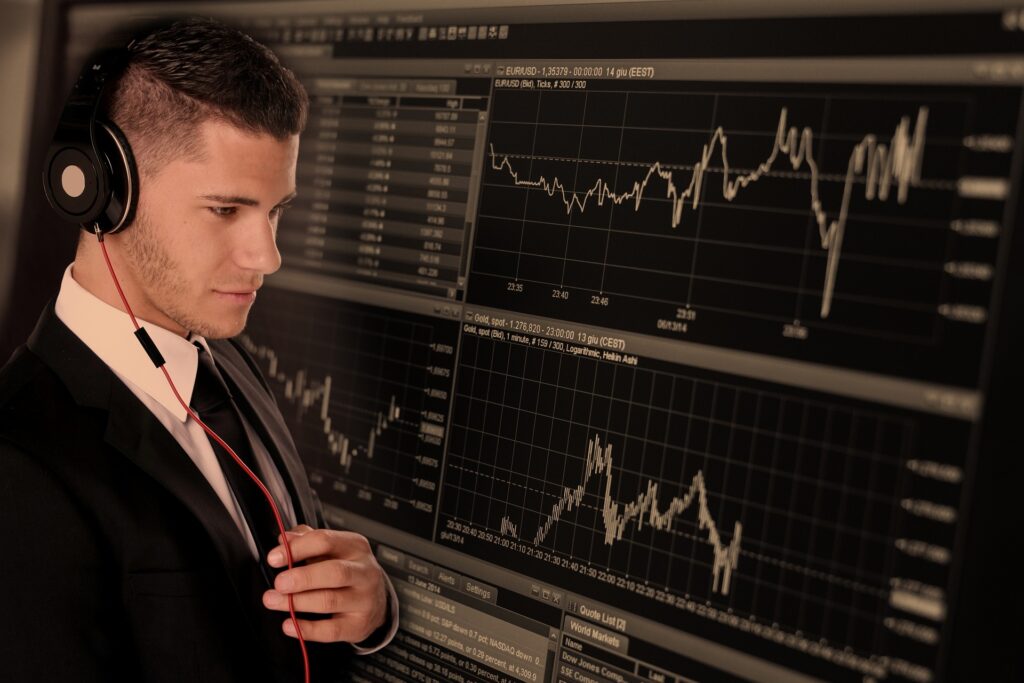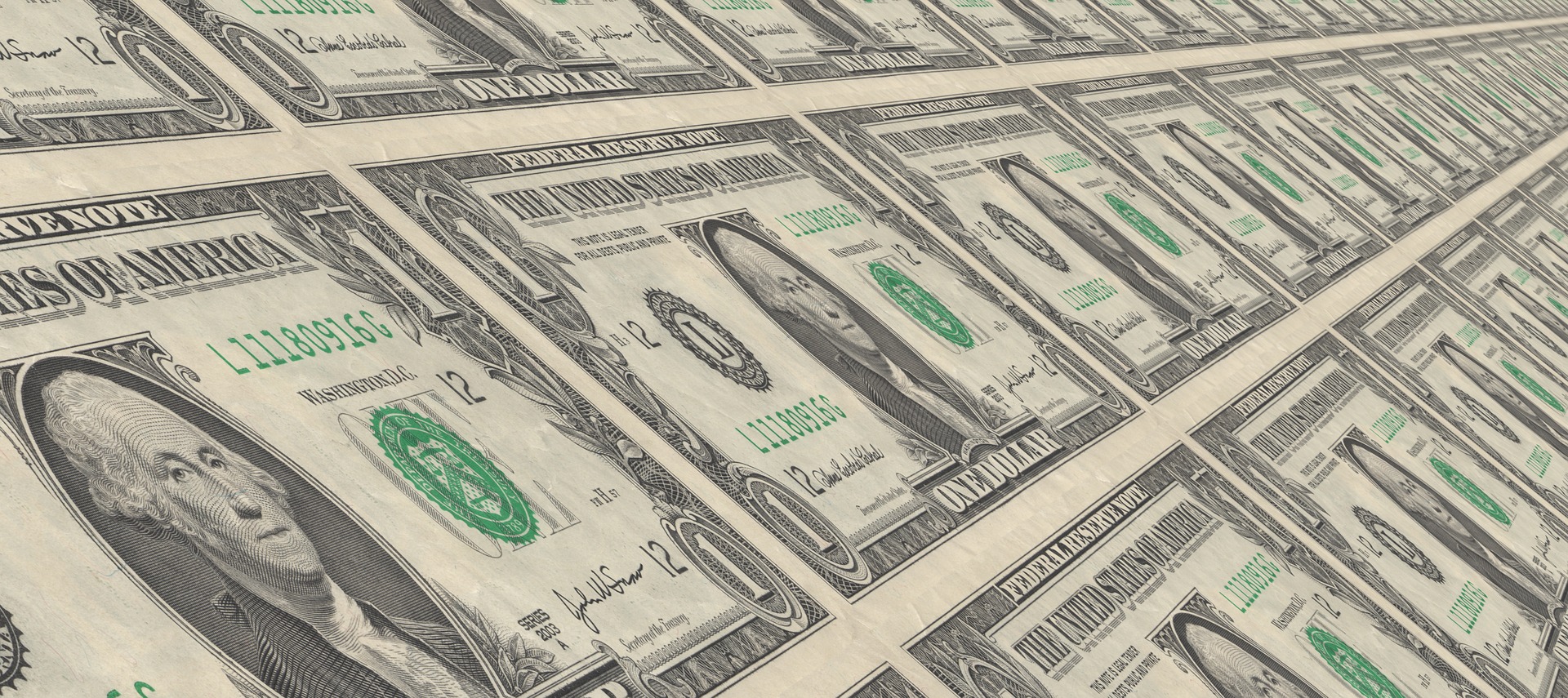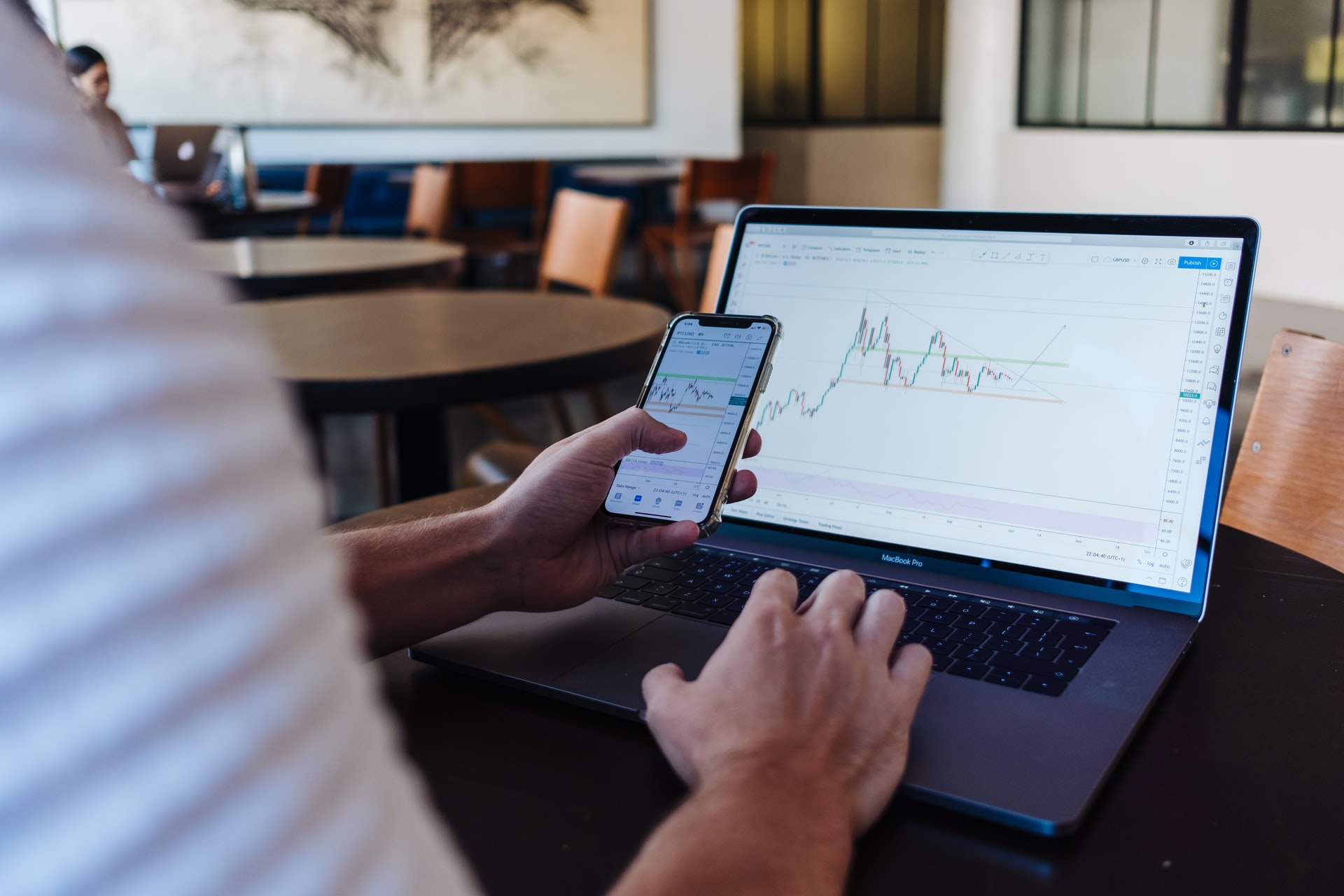Forex Trading Concepts for Newcomers

From California to Cardiff, you’re hard-pressed not to find someone that has dabbled in trading or investing. One of the most popular options in that bunch is Forex Trading, and if you’re wondering what Forex Trading is – or if it is for you then read on.
What is Forex Trading
Forex is the short version of the Foreign Exchange, which is the exchange of one currency for another. If you look at the exchange rate on any currency at any given time, you’ll see things like 1 GBP is 95 Rupees or 28517 Vietnamese Dong.
A network of banks runs FX, and they have spread across different time zones: London, Tokyo, New York and Sydney – which means trading FX means you can trade 24 hours a day.
How do you start trading on the Forex market
Even if you have no experience in trading, Forex offers a straightforward way to learn. The idea is that the currency you purchased will go up in price, and you can sell it for more than you purchased it.
The exchange rate you read before you go on holiday where you work out how much 1 GBP is in Euros or USD is the same.
What is a Forex Quote?
Any Forex quote will be made up of two currencies, and each pair will have a base currency and a quote currency. The most popular base currencies to use are AUD, GBP, EUR and USD.
The quote will look like this: GBP/USD = 1.1600; this means that the GBP (base currency) is worth 1.16 USD. Remember that no matter what currency you choose as your base currency, it is always just 1. (see the derivative GBP/USD price)
Forex concepts beginners need to know about
If you want to get into FX Trading, some terms and concepts can help you make the most of the process, but they will not safeguard you from the potential risks. Because just like any other type of trading – the more you know before you start, the more comfortable you will be in the first few trades you make as long as you do not lose your funds from the very first trade.
The most common terms are the best place to start, and when you have a firm understanding of them, moving on to a more specific Forex language will come naturally.
Type of currency pairs
The major pairs in Forex are currency pairs that have USD in the counter or base currency and one of the other major currencies:
- CAD
- GBP
- CHF
- JPY
- AUD
- EUR
- NZD
Aside from major pairs, you have exotic pairs and cross pairs. You are trading currencies that are not in the top ten most traded with exotic pairs. Often, the exotic pairs are the most volatile and will be something that more experienced traders will deal in. (Turkish lira TRY or Hungarian forint HUF).
Cross pairs are major currencies but without USD, such as CHF/CAD or JPY/NZD. Cross pairs are less volatile than exotics.

Bid and Ask price
The sell price is what the seller wants to sell for, and the bid price is what the buyer wants to buy for. The bid price will usually start lower, and the ask higher; either the buyer will increase, or the asker will reduce. Once the bid and the ask meet, the transaction will take place.
Pip
When you go into Forex trading, you’ll notice that people talk about their wins or losses as ‘pips’. Pip stands for Percentage in Point. One pip equals the fourth decimal of currency pairs. While pips are small, pipettes are smaller. Pipettes are 1/10 of a pip and are the 5th decimal place.
Short and Long
If a trader says they are going short, it means they are selling – and when they are going long, they are buying. In derivative markets (popular among traders who engage in CFD trading or spread betting), you will find that longs and shorts are in equal numbers, but in equity markets, you’ll notice most traders are long – waiting for rising prices.
Leverage
The Forex is 24/7, and traders can profit from both falling and rising prices. Leverage is one of the things that attracts a lot of people to the Forex market. When you trade on leverage, it means you open a more significant position size than their trading account would typically allow.
Margin
Your broker will put aside a portion of your trading account as collateral for the leveraged trades. The margin is the name for the collaboration, and how much margin you have is based on the leverage ratio.
If you choose to trade on the leverage, you need to consider your free margin, and if your free margin drops below zero, all of your open trades will be closed at the current market rate.
Some platforms let you test your forex trading for as little as £1; although people tend to go for £200-£500 – over time, you become more familiar with the process and are more likely to manage your risk better.
For more economic and business news from Wales, click here.
*Spread bets and CFDs are complex instruments and come with a high risk of losing money rapidly due to leverage. The vast majority of retail client accounts lose money when spread betting and/or trading CFDs. You should consider whether you understand how spread bets and CFDs work and whether you can afford to take the high risk of losing your money.






